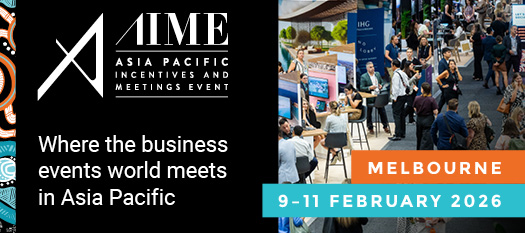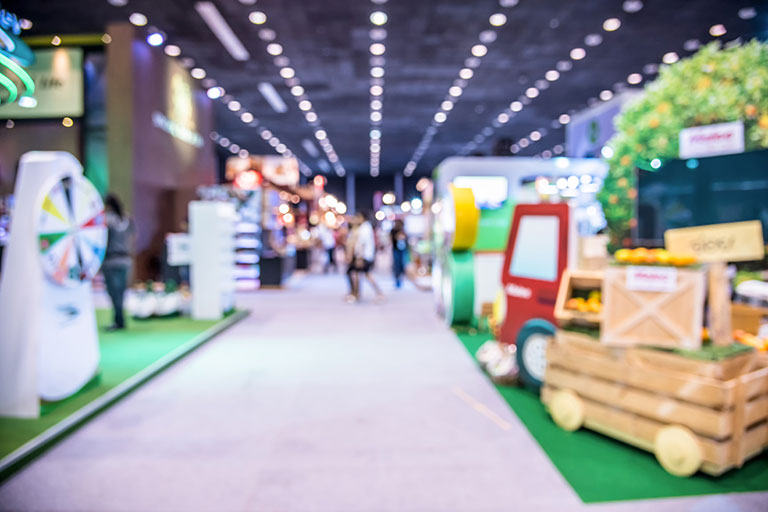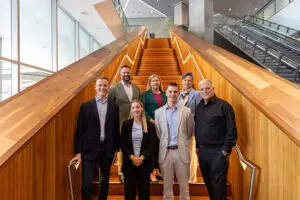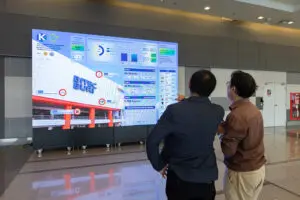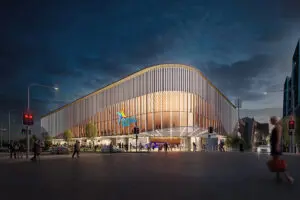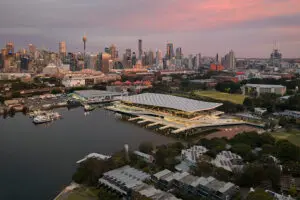According to the twice-yearly research piece from UFI, The Global Association of the Exhibition Industry, the exhibitions sector grew by 16 per cent in 2024 and is expected to grow by 18 per cent in 2025.
The research included input from 390 companies in 56 countries and regions, including 14 responses from Australia.
In the second half of the 2024 calendar year, 61 per cent of companies said their operations increased while 58 per cent expect increased operations in the first half of 2025.
However, the response from Australian organisers indicated there is below average growth occurring locally over both periods. For the first half of 2025, just 29 per cent of organisers are expecting increased activity – half of the global average, while a larger portion – 36 per cent are expected a reduction in activity.
As a region, Asia Pacific also had the lowest number of organisers expecting operational growth in the first half of 2025, at just 42 per cent. By contrast, in the most optimistic market, 71 per cent of organisers in North America are expecting growth in the first six months of 2025.
Despite seeing and expecting lower operational growth, Australia was one of ten markets globally in which all organisers reported an increased operational profit in 2024. However, in 2025, more than half of Australian organisers are expecting a reduction in operational profits of between 11 and 50 per cent.
Looking forward, there is a discrepancy between expected global growth and global growth in exhibition teams, with 46 per cent of companies worldwide planning to grow their talent pool in the next six months, despite 58 per cent expecting increased activity.
In Australia, just 25 per cent of companies are expecting to grow their teams over the next six months.
Worldwide, the top three most commonly cited short term business issues are the state of the local economy, geopolitical concerns and global economic developments.
Meanwhile, the top mid-term issues – over the next three to five years – are global economic developments, geopolitical challenges and sustainability and the climate.
Interestingly, sustainability is not considered as much of a near-term concern, sitting as the sixth most common concern in the short term, and a smaller concern than in the last survey six months ago.
In the short term, it’s a different story in Australia, with sustainability and climate tied as the second most common business issue with internal management challenges. The top short term concern matches that of the world – the state of the local economy.
The top mid-term concerns are the local economy and global economic developments, with the pair tied as the top concern, with sustainability and climate rounding out the top three. Australian organisers are also significantly more concerned about regulatory and stakeholder issues than the rest of the world.
As with other research pieces, artificial intelligence figures in UFI’s research, with 92 per cent of respondents globally expecting it to impact the exhibition industry.
In terms of how AI is being used, more Australian organisers are using AI for sales, marketing and customer relations than the global average, however we are using AI less than the global average in every other area, from research and development to event production, human resources, finance and risk management and other support functions.



